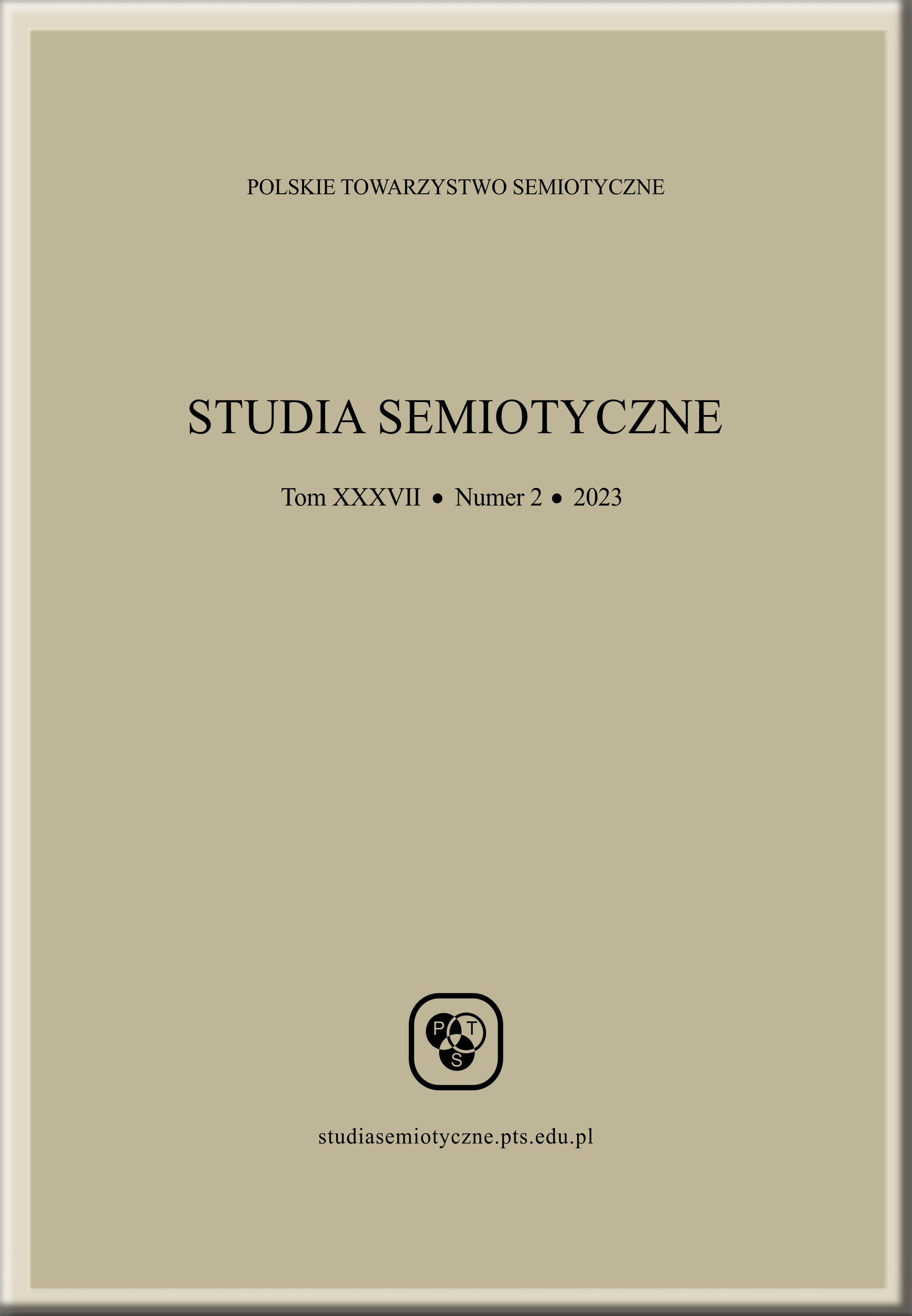THE ACT-TYPE THEORY OF PROPOSITIONS AS A THEORY OF COGNITIVE DISTINCTNESS
THE ACT-TYPE THEORY OF PROPOSITIONS AS A THEORY OF COGNITIVE DISTINCTNESS
Author(s): THOMAS HODGSONSubject(s): Philosophy of Language
Published by: Polskie Towarzystwo Semiotyczne
Keywords: propositional content; act-type theories of propositions; structured propositions; predication;
Summary/Abstract: Soames and others have proposed that propositions are types of acts of predication. Soames has extended the act-type theory by proposing a distinction between direct and mediate predication. He does this in order to distinguish between the propositions expressed by sentences containing complex singular terms and those expressed by sentences containing proper names which denote the objects that those complex singular terms denote. In particular, he uses his extension to account for the cognitive distinctness of such propositions. I argue that Soames’ extension of the act-type theory is not the best way to do so. I propose an alternative version of the act-type theory, which makes the distinctions that Soames wants to make without Soames’ extension.
Journal: Studia Semiotyczne
- Issue Year: 37/2023
- Issue No: 2
- Page Range: 57-79
- Page Count: 23
- Language: English

